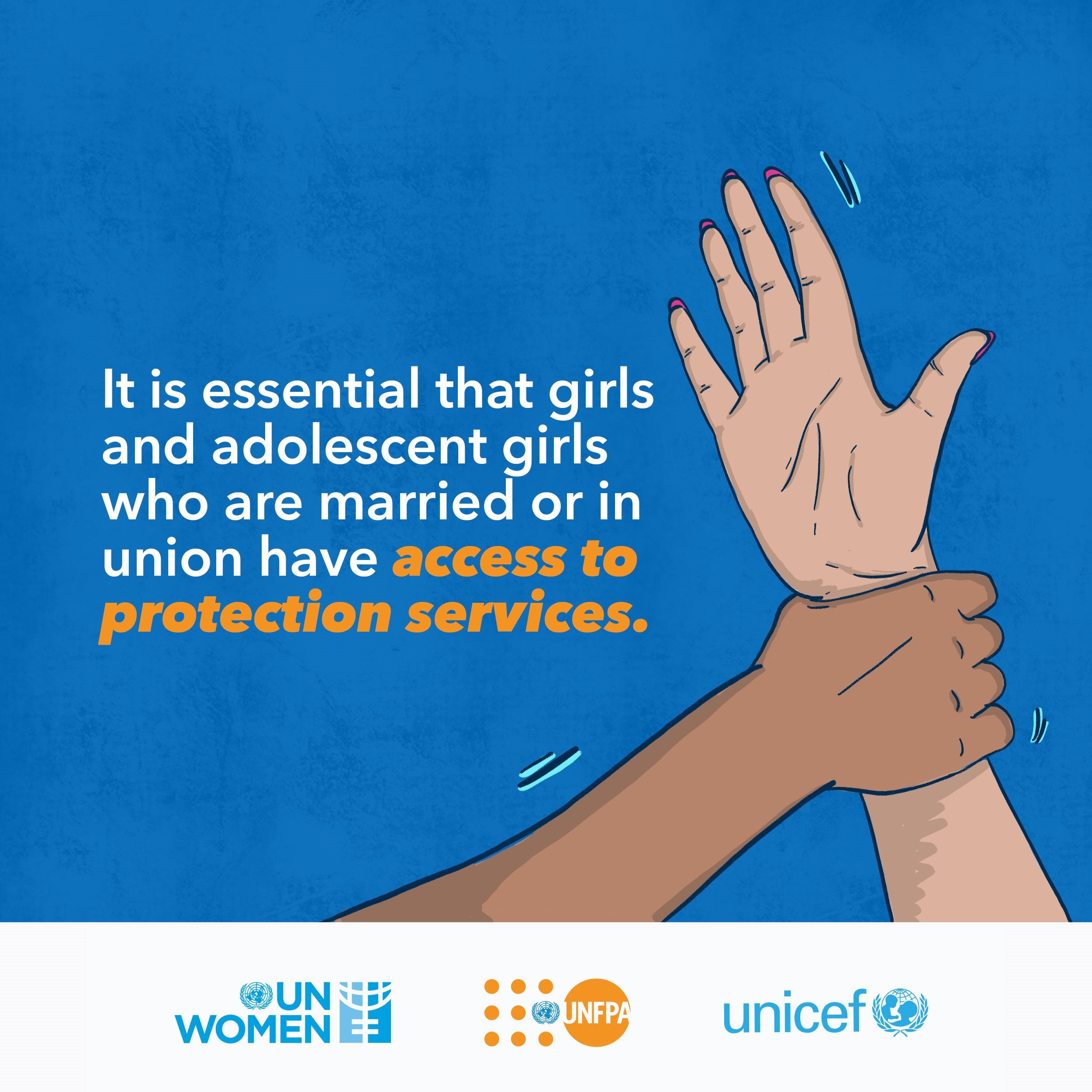Child Marriage and Early Unions in Humanitarian and Crisis Settings in Latin America and the Caribbean
Date:
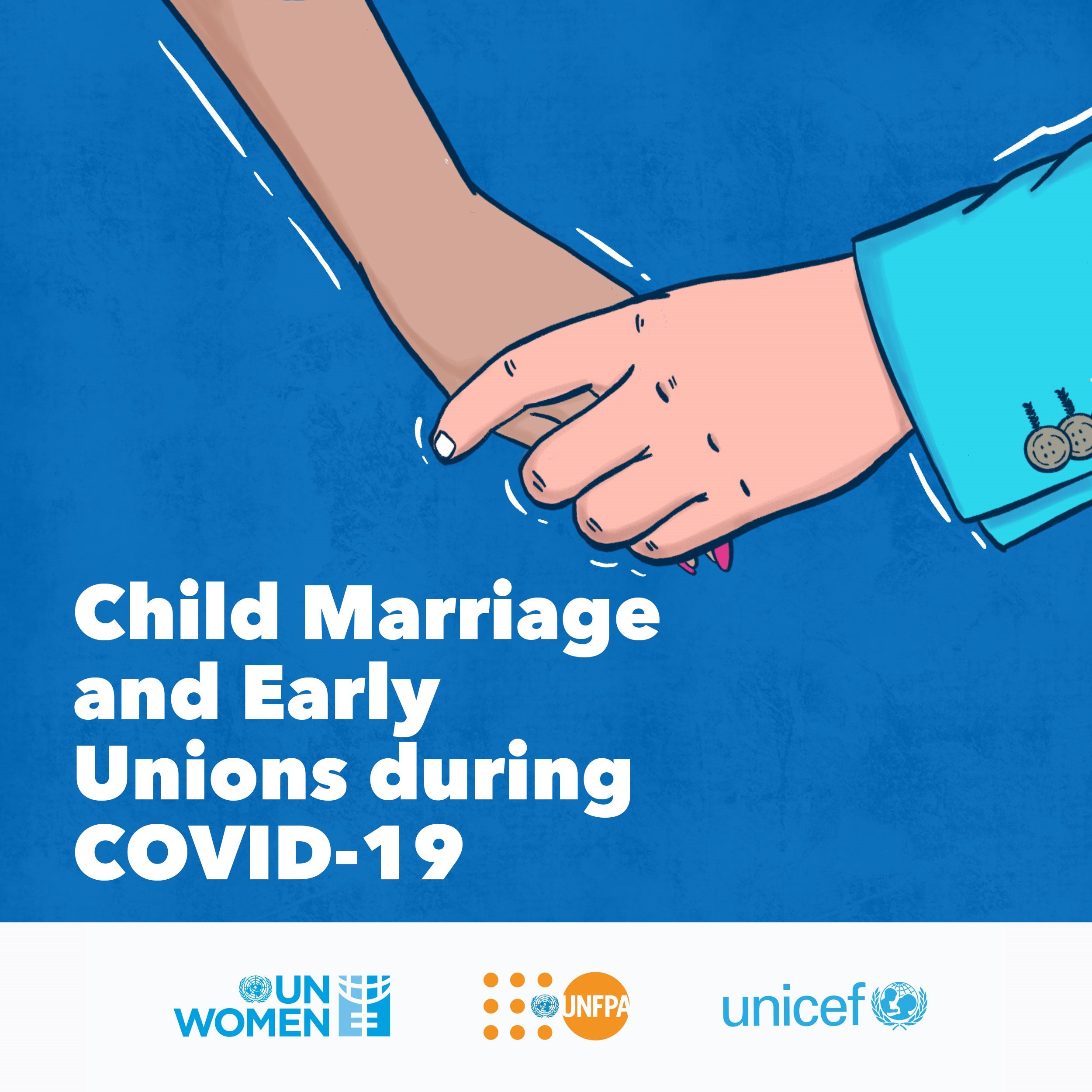
Child Marriage and Early Unions are complex phenomena related to gender inequalities, violence, poverty, school dropout, adolescent pregnancy, inadequate legal frameworks and policies that deprive girls and adolescent girls of both present and future opportunities.
In the LAC region, one out of every four women between the ages of 20 to 24 was first married or in union before turning 18. This is the only region in the world where child marriage and early unions have not decreased in the last 25 years.
During the coronavirus pandemic…
The Coronavirus pandemic has strongly impacted the economy of families and has meant an increase in poverty. This can lead families to view their daughters' marriage as an economic relief.
1 in 5 girls / adolescents girls in Latin America and the Caribbean married a man at least 10 years her senior.
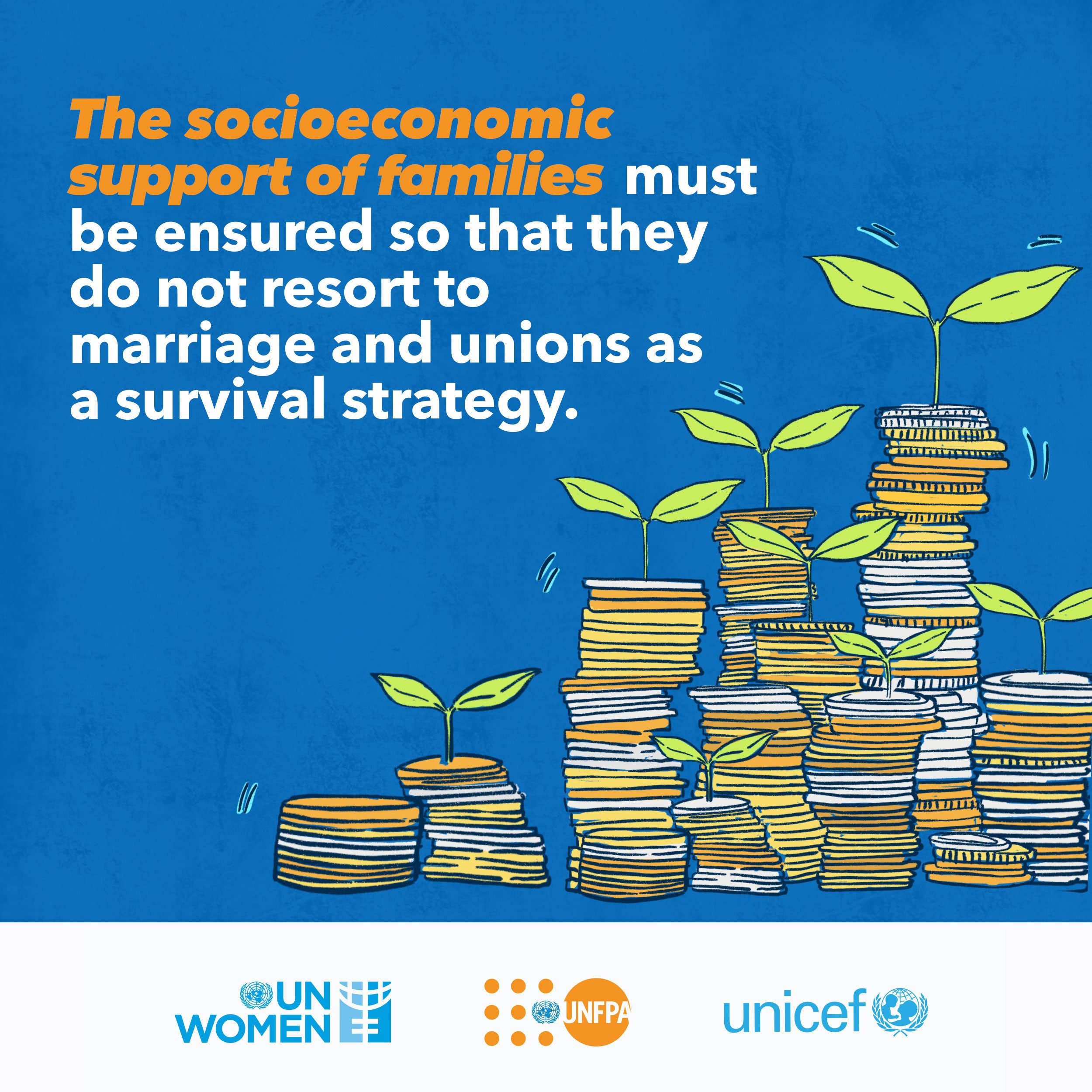
Staying in school and completing secondary education are the best strategies for preventing child marriage and early unions. With the closure of schools during COVID-19, there is a risk that unions will increase.
When schools reopen, fewer girls and adolescent girls will return to school.

During the pandemic, economic dependency, the isolation of families and violence within the home, make married or united adolescent girls have greater difficulty in accessing health or protection services.

Child marriage and early unions can be increased among groups of migrant and refugee girls to alleviate poverty as a form of protection or even to obtain necessary documentation for the destination country. In the context of COVID-19, this trend may increase if national services do not create specific measures for migrant or undocumented populations.
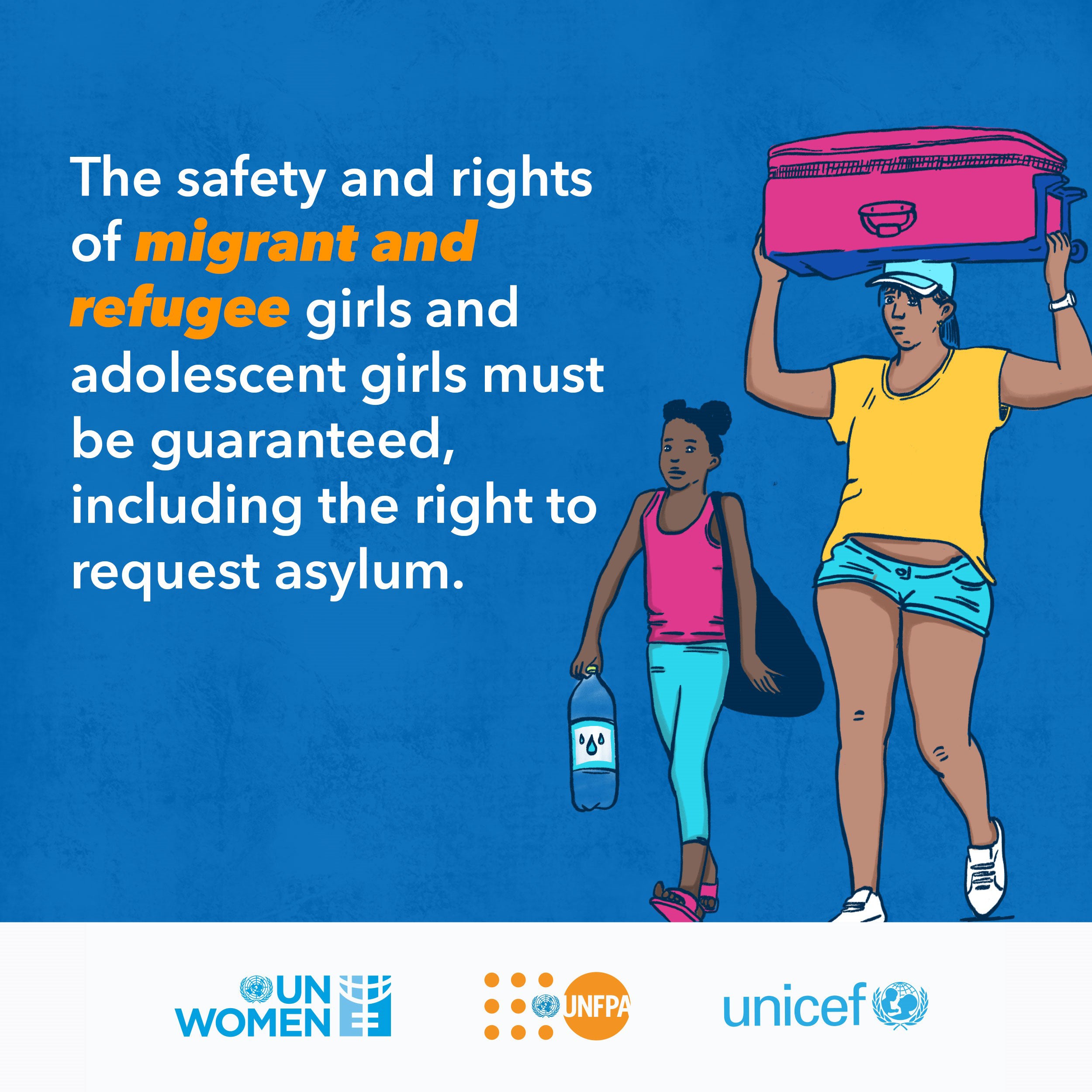
During COVID-19, access to sexual and reproductive health may decrease due to the reduction in available services and confinement measures.
Girls who are married or in union tend to have their first child before their 18th birthday, and with little space between births.
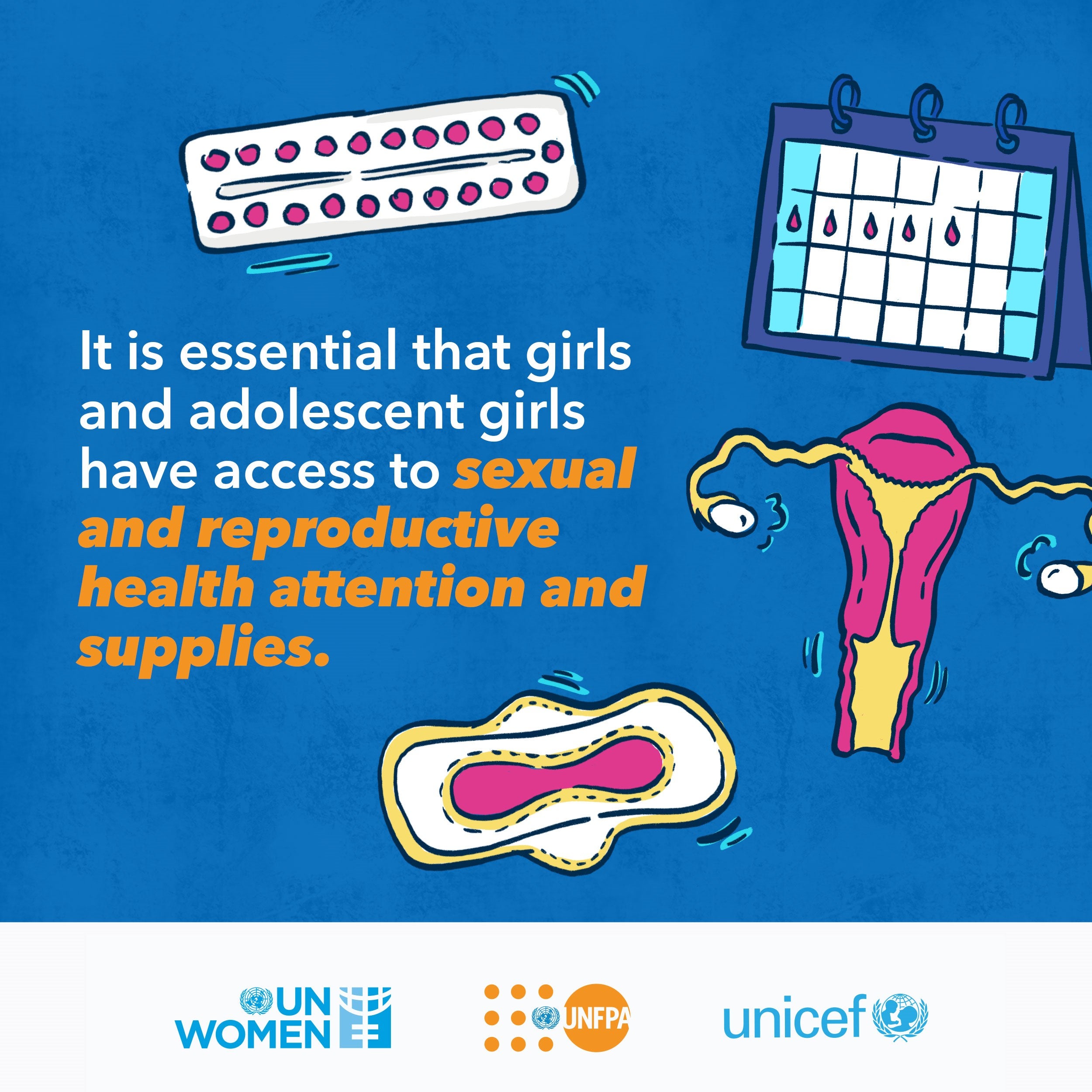
Adolescent mothers and pregnant women attend sexual and reproductive health services less frequently due to the re-victimization and discrimination they experience. Frontline workers should not judge adolescent mothers - they do not know the circumstances of their pregnancies.
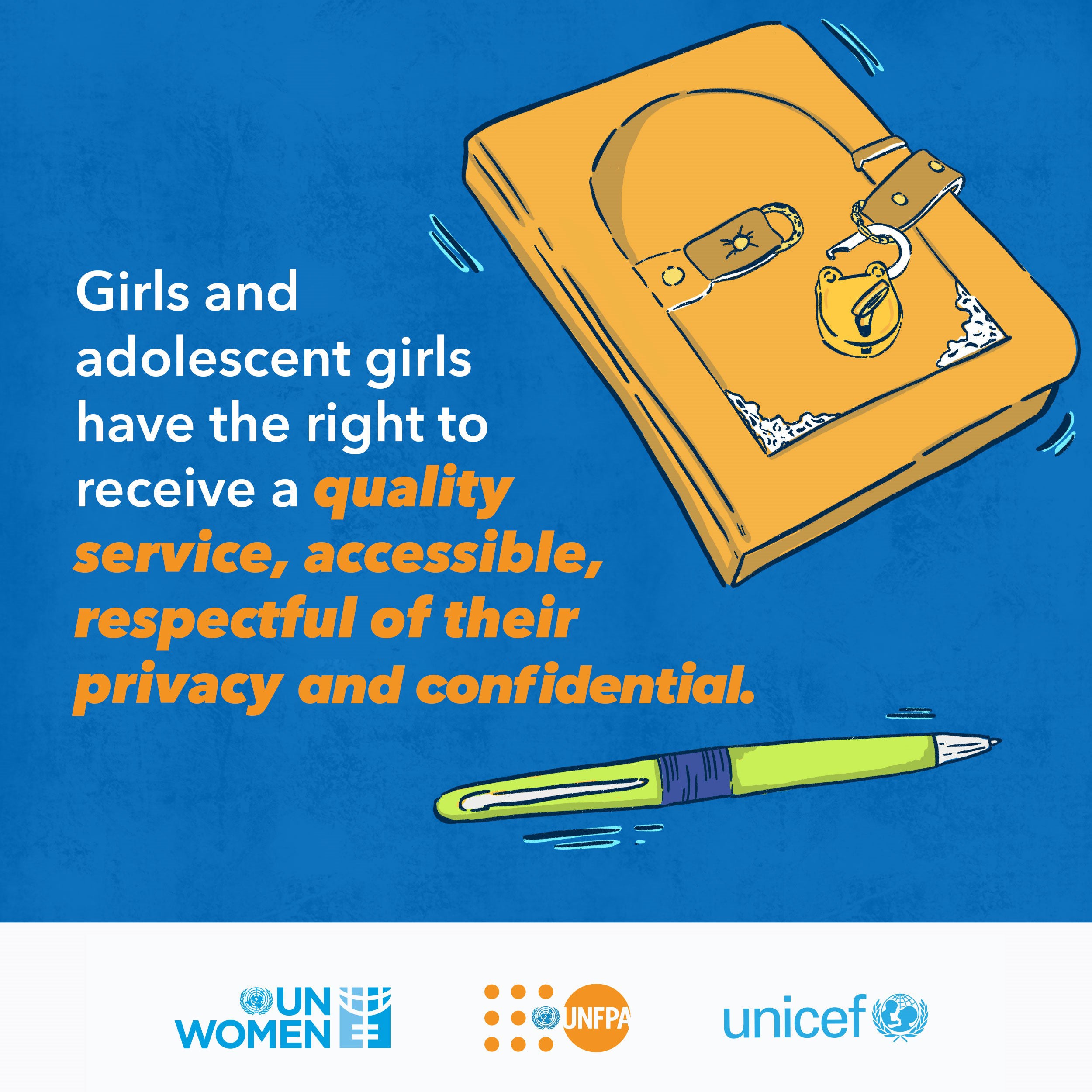
Adolescent girls in union are likely to face increased intimate partner violence, but may not seek help due to discrimination against them.
